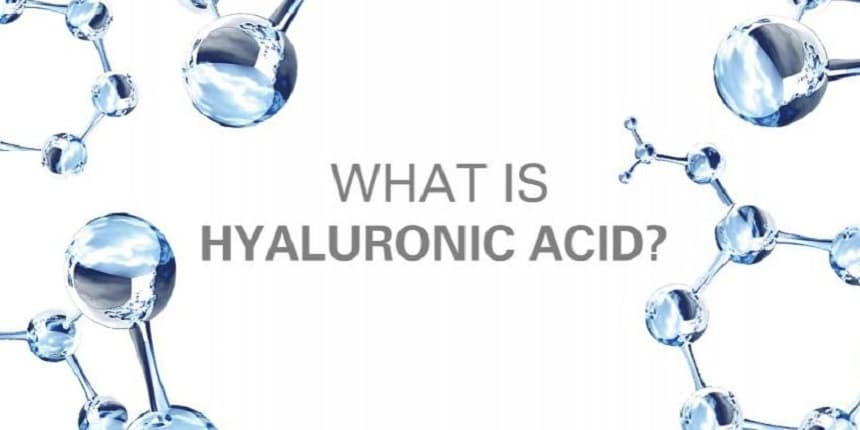
Hyaluronic Acid
Hyaluronic Acid (Hyaluronic Acid, Sodium Hyaluronate, HA) naturally occurs in the skin and plays an important role in maintaining moisture and creating fullness. This essential molecule however has a short lifecycle in skin, with 30%-50% degrading every 24 hours. With age, the skin’s ability to produce hyaluronic acid decreases. Production starts to decline in the 20s and this decline accelerates in the 40s. Decreased production rapid degradation of hyaluronic acid contribute to signs of aging, including decreased firmness, less facial plumpness, and rough texture.
In skin care, you can find hyaluronic acid creams, serums, injectables (aka: Restylane), and hyaluronic acid supplements.
Benefits of Hyaluronic Acid
As we age, our skin loses the ability to preserve moisture, resulting in the visible loss of firmness, pliability, and plumpness. Hyaluronic acid swoops in with the ability to replenish moisture that is crucial to having younger-looking, supple skin. It plays a critical role in skin health with its unique ability to hold in moisture (1000 ml of water per gram of hyaluronic acid).
At the same time, it revitalizes skin’s outer layers so they look and feel softer, smoother, and, glowingly hydrated to instantly improve the appearance of fine lines and wrinkles.
Is Hyaluronic Acid Natural?
Hyaluronic acid is a natural glycosaminoglycan (polysaccharides that are an important component of connective tissue) and can be derived from multiple resources, foods, supplements and HA powders. HA is distributed widely throughout connective, neural, and epithelial tissue. It is of the chief components of the extra-cellular matrix (the tissue that provides structural support to cells). In short, hyaluronic acid supports many important areas of the body, with notable benefit to joints and skin.
So, it’s already in me?
Yes! You’ve got it. And the cosmetic world has known about it for a while, too. Chances are you’ve been using products chock-full of HA for years now without knowing it. Don’t freak out—that’s a good thing.
Why is hyaluronic acid so important for my skin?
Hyaluronic acid has the greatest ability to retain moisture out of just about anything: close to 1000 times its weight in water, to be specific. And if moisture is the essence of wetness and wetness is the essence of beauty, then you want to make sure your hyaluronic acid is holding on to as much wetness as it possibly can.
Of course, as skin ages, it loses its natural ability to retain moisture. We all give in to gravity, adding hyaluronic acid to your skincare routine can combat the general sag that afflicts us all.
OK, but what’s the deal with injectables?
Ah ha – so you’ve done your research. The collagen injectibles of yore were not that good: They required allergy tests and didn’t last very long. So they were taken off the market and replaced with HA injectibles. Ever heard of Juvéderm or Restylane? That’s hyaluronic acid. They’re safer (no allergy test required) and offer much more customizable results. Chances are, you know people who have some of this, but it’s so subtle, you don’t even notice. How’s that for a sales pitch?
OK, I am very interested, what should I do?
If you are in Barcelona and are interested in treatment with Hyaluronic Acid, you can book Online your appointment at Turó Park Medical Center with our Maxilofacial and Esthetic Facial Surgeon, Dr. Alejandro Mazarro.
References for This Information:
Intothegloss.com
Journal of Clinical and Aesthetic Dermatology, October 2012, pages 20–23; and March 2009, pages 38–43
Dermato-endocrinology, July 2012, pages 253–258
Journal of Drugs in Dermatology, September 2011, pages 990–1000
International Journal of Toxicology, July–August 2009, pages 5–67
Leave a Comment
(0 Comments)